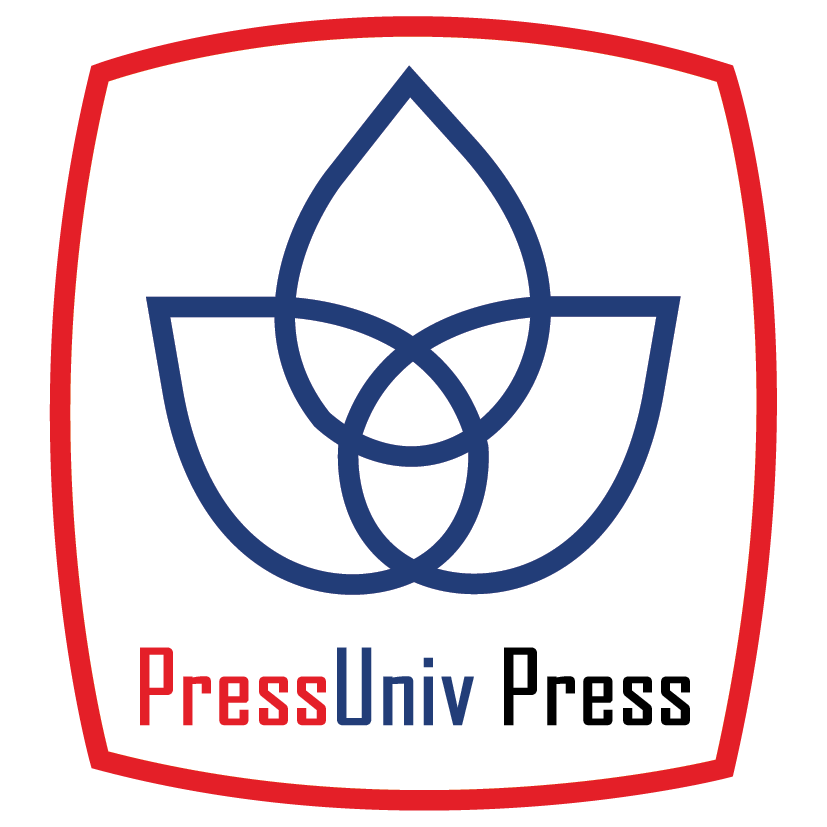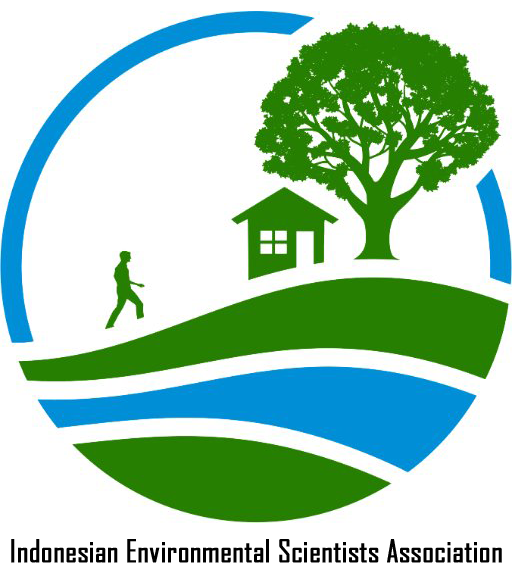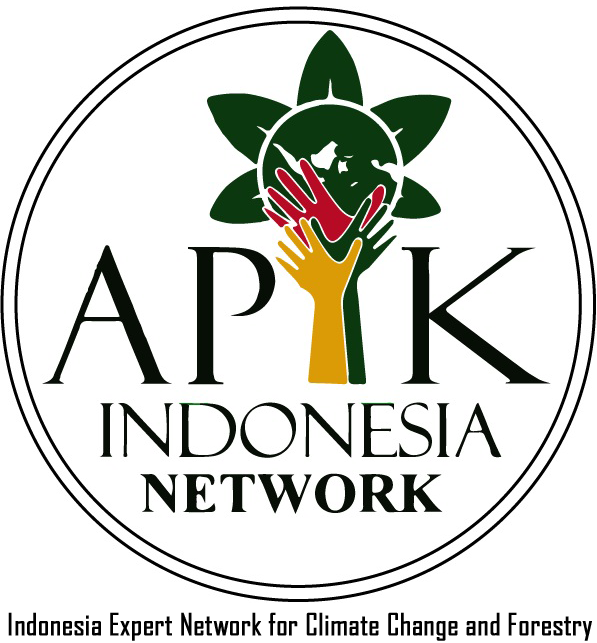- Focus and Scope
- Section Policies
- Peer Review Process
- Publication Frequency
- Open Access Policy
- Archiving
Focus and Scope
Journal of Environmental Engineering and Waste Management provides immediate open access that publishes updates in relation to environmental engineering and science. Thematic areas in relation to both sciences are as follows:
- Environmental design & modeling
- Cleaner production
- Waste management and technology
- Water resources management
- water supply and sanitation
- Health, safety and environment
- Renewable energy and energy recovery technologies
- Pollution prevention and control technologies
- Water and wastewater treatment technology
Section Policies
Cover
Editorial Team
Articles
Table of Content
Peer Review Process
- The article review process will be carried out after the plagiarism check using Turnitin is completed. Only articles with a similarity percentage of <20% will be continued to the review stage.
- All peer review publications will be refereed in blind review process with expertise in the relevant subject area.
- Results of the review process are normally available within one month of submission
Publication Frequency
Journal of Environmental Engineering and Waste Management is scheduled for publication two times a year, in April and October.
Open Access Policy
Journal of Environmental Engineering and Waste Management currently use open journal system (OJS). This journal provides immediate Open Access to its content via the journal website. All articles published in JENV-OJS website are permanently free for everyone to read and download.Â
All papers accepted following finalisation of peer-review process will appear simultaneously in the print journal and online. Papers will be permanently published in particular range of time. On the principle, content in the journal provided to public, i.e. articles of research in laboratory, case reports, and literature reviews, will promotes a global exchange of knowledge.
Archiving
This journal utilizes the LOCKSS system to create a distributed archiving system among participating libraries and permits those libraries to create permanent archives of the journal for purposes of preservation and restoration. More...




